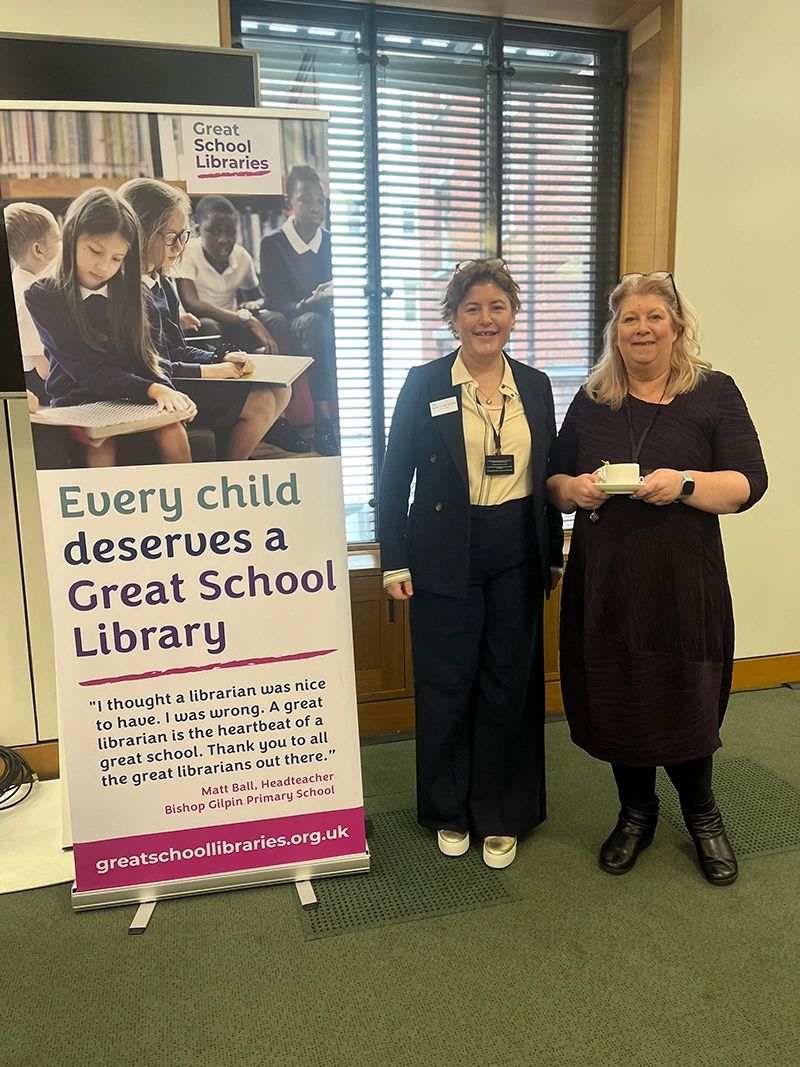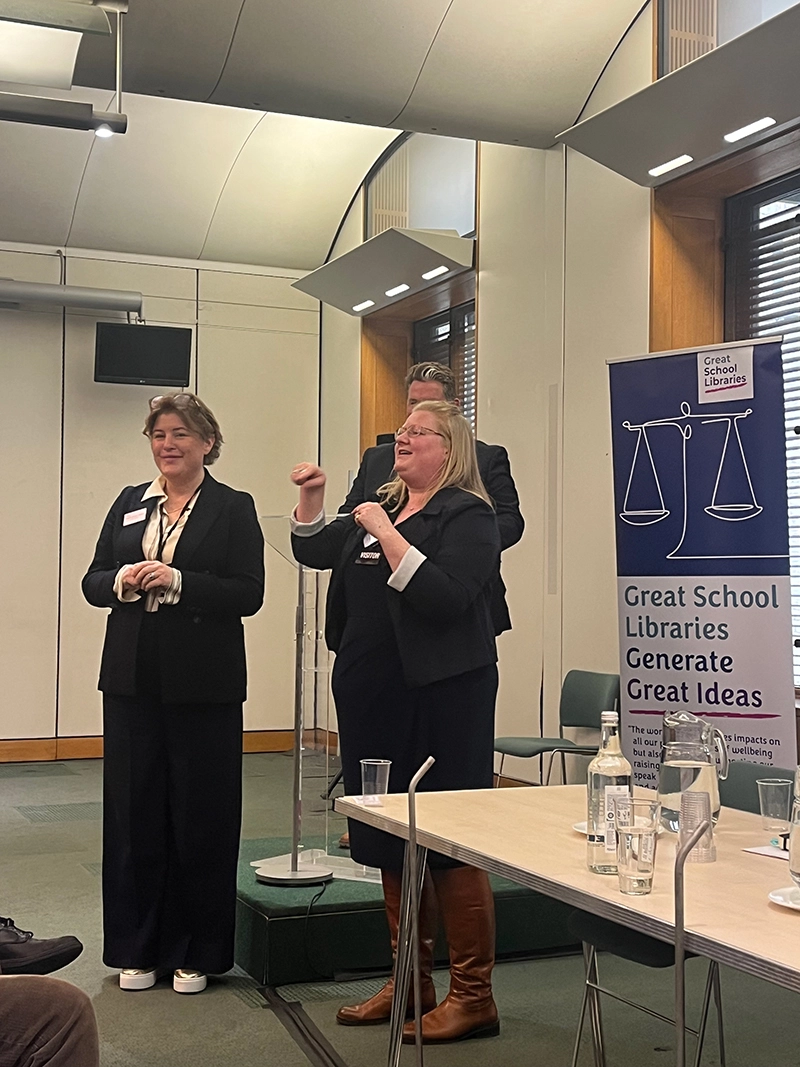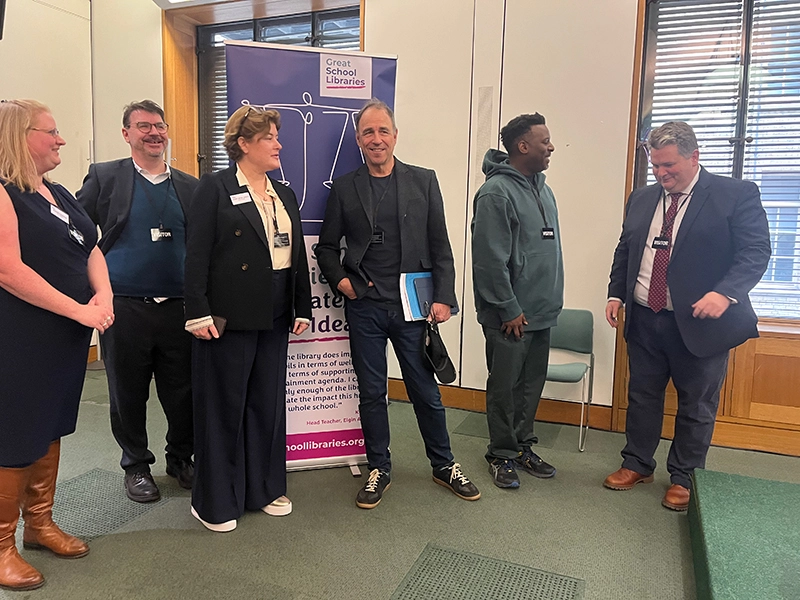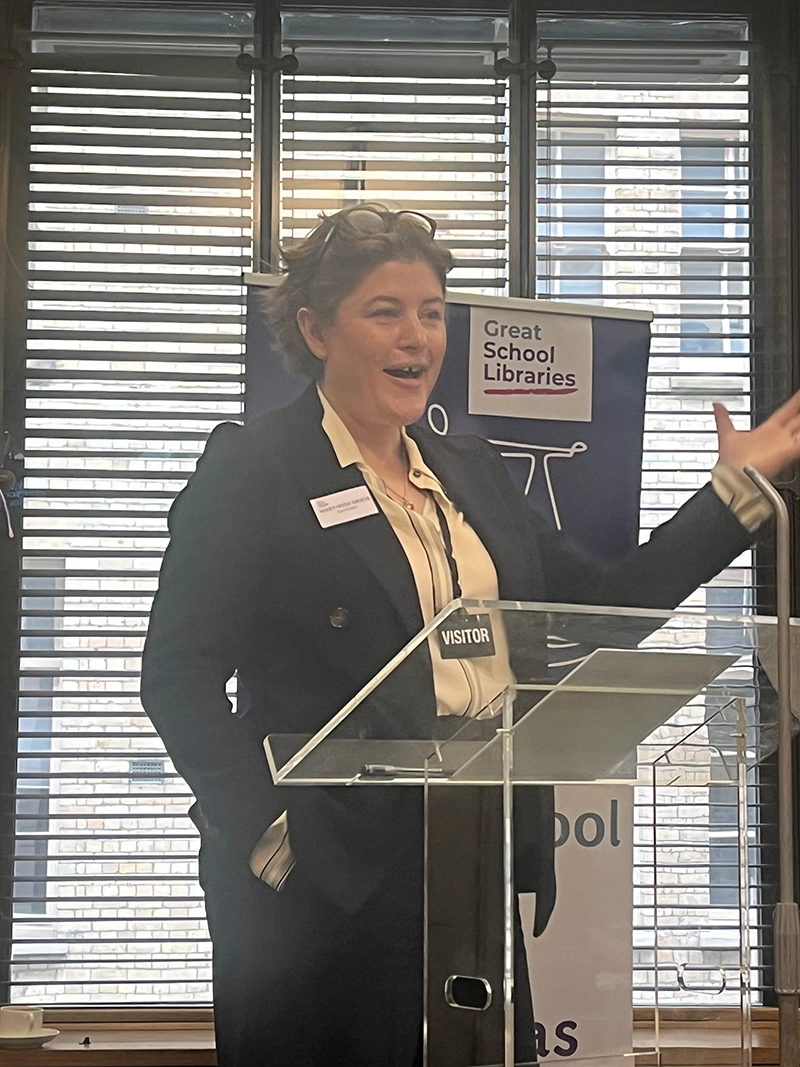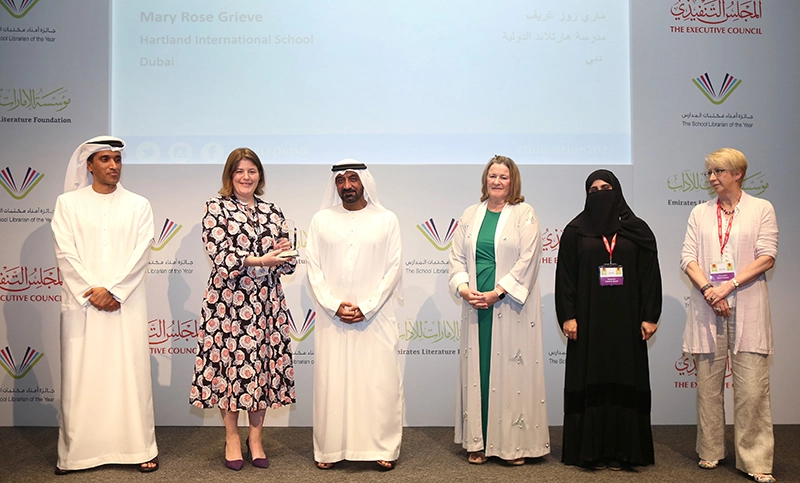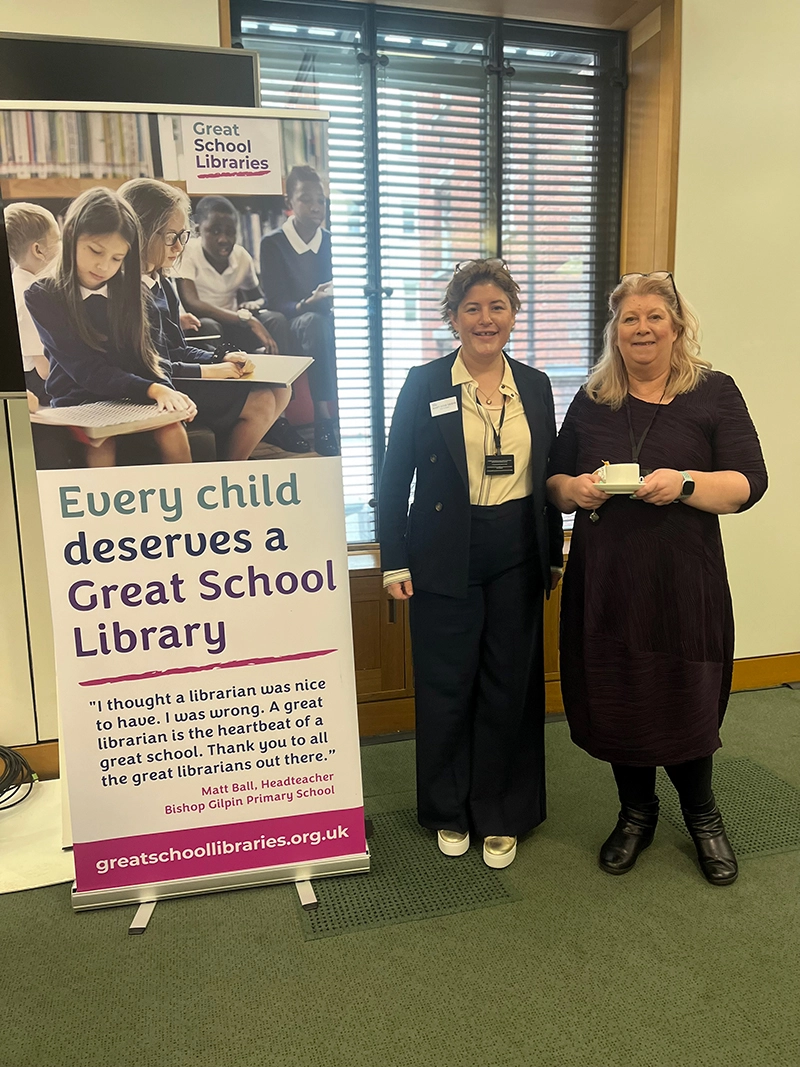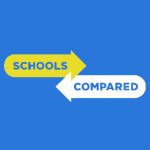What’s a girl like you doing in a place like this?
Or, why a Dubai based school librarian found herself in the heart of Westminster.
It is a fair question.
Why am I co-chairing the Great School Libraries campaign when I work in Dubai and our school library system is, if not burgeoning, then at least vibrant?
There are a number of answers to this. Firstly, no matter where you are in the world, and no matter what curriculum you are working in, the challenges facing school librarians are universal. We are all subject, at some stage, to funding and budget cuts, disinterested and unsupportive leadership, increasingly reluctant readers and a lack of pedagogical understanding of the role of the school librarian.
The Great School Libraries Campaign in the UK was set up in 2018 in a joint collaboration with CILIP, CILIP School Libraries Group and the School Library Association to spearhead a campaign to ensure that every child in the UK has access to a school library and a librarian. Towards the end of last year, as the campaign was entering its second phase, I was asked to take over as co-chair of the campaign on behalf of CILIP SLG, of which I am a member.
I started work at a crucial time, as we were starting to write up a report based on a largescale survey we had commissioned from BMG Research to investigate the school library provision in the UK. Astonishingly, the government does not require schools to report on whether they have a school library so there are no official figures for the total number of libraries in schools in the UK. The survey from BMG allowed us to write a report which not only gave a picture of the provision, role and status of the school library and school librarian but also which gives a series of recommendations for governments, school leaders and policy makers.
What became clear to us when we were thinking about the writing of this report is that the role of the school librarian is one which is so multifaceted that it does not easily fit into a ‘box’; are we admin staff? Teaching staff? Support staff? Are we department heads, middle leaders or senior leaders? Do we have a teaching role? Are we responsible purely for reading for pleasure and wellbeing? Do we have a whole school strategic role to develop and embed a reading culture in the school? Do we have responsibility for teaching research and information literacy skills? How does the school librarian support curriculum delivery in Primary and Secondary? Are they responsible for the EPQ? Are they part of a reading intervention programme? Do they run enrichments? Do they have other roles in the school? Are they a TA or a classroom teacher? Is their role full or part time? Every school has different expectations of their librarian and many school leaders, we realised, do not always understand all the ways that they can have an impact on student outcomes, teaching and learning and curriculum delivery.
It is often the case that the librarian is given responsibility for ‘reading for pleasure’ – the library is a cosy space where the kind librarian doles out books to children to take home and read. While knowledge of children’s literature is a fundamental and crucial part of the librarian’s expertise, promoting reading for pleasure should not be something that is only done from the library. Quite soon after I had started at Hartland, I discovered the Open University/UKLA Reading for Pleasure research which had been undertaken in 2014 by Professor Teresa Cremin and her colleagues in the UK. This research not only highlighted the significant benefits of reading for pleasure (increased attainment in literacy and numeracy, increased vocabulary and general knowledge, greater empathy, imagination and mindfulness of others) but more importantly discovered that in order to develop children’s intrinsic motivation to read – to become volitional readers – teachers needed to develop their practice and become Reading
Teachers. The research showed that they needed to have significant knowledge of children’s literature and other texts, a great knowledge of the reading habits of the children in their class, a RfP pedagogy (which encompasses social reading environments, informal book talk, independent reading time and reading aloud), to be Reading Teachers (teachers who read and readers who teach) and to develop reciprocal and interactive reading communities.
Based on this research, the OU developed Teachers Reading Groups which provide free, evidence informed PD to groups of teachers over a year. There are over 100 such groups in the UK and in 2019 I started the only group in Dubai. (It is perhaps no coincidence that the year I started the OU/UKLA TRG was the year I was awarded the UAE School Librarian of the Year by the Emirates Literature Foundation). It was clear to me that my role as a librarian was not just to promote reading for pleasure to the students, but to support the teachers to become Reading Teachers. The evidence showed that it is their teacher who has more impact on the children’s desire to read than the librarian (who, let’s face it, they all know, ‘does’ reading). It is their teacher, the person they spend their days with, who is their role model and guide, who can have more impact on their will to read than me. So setting up this group was about developing the role of the librarian into more of a strategic one with more of a holistic view of the whole school approach to reading in all its forms. Then, as the teachers take on their critical job of reading role models, the librarian can focus more on information literacy and research skills – another fundamental skill of the librarian and a vital part of the ‘reading for information’ or ‘reading for progress’ piece in the literacy framework.
The OU/UKLA Dubai TRG is now in its fifth year and I was delighted to be asked to contribute to a chapter in Teresa Cremin’s latest book, Reading Teachers: Nurturing Reading for Pleasure which was published last year. Our chapter, Reading Librarians, discussed the role of the school librarian in developing a RfP culture in school. I have also written and contributed to articles in Information Professional, English 4-11, TES, and Books for Keeps.
